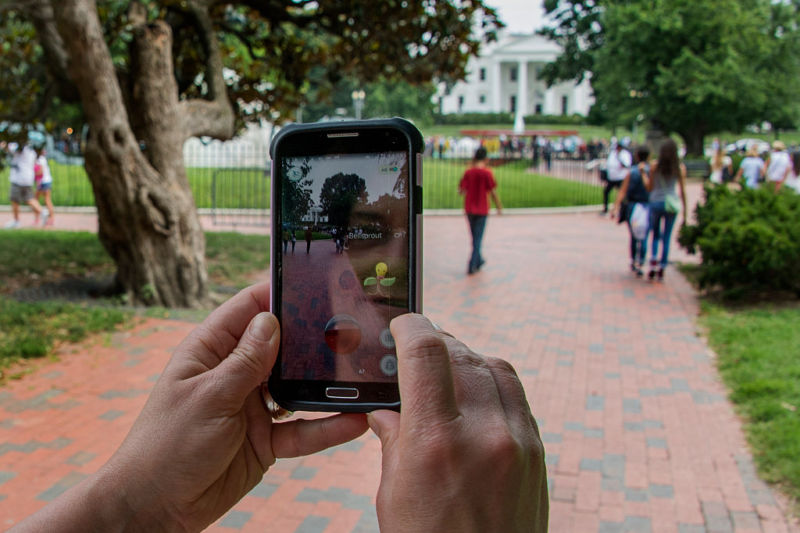
A proposed settlement filed last week could give homeowners some control over whether or not Pokémon Go's augmented-reality attractions show up in and around their property.
Shortly after its launch in the summer of 2016, Pokémon Go developer Niantic started fielding numerous complaints about players trespassing on private property to access location-dependent Gyms and Pokéstops in the augmented-reality game. Those complaints eventually developed into numerous lawsuits alleging that Niantic was essentially encouraging trespassing by placing its digital attractions on their property.Those lawsuits were consolidated into a class action by August, and after winding through the courts for years (and surviving a motion to dismiss), that class-action suit now seems on the verge of a settlement. A proposal filed by the plaintiffs in district court last week (as noted by The Hollywood Reporter) outlines a number of ways Niantic apparently plans to solve this problem.
Under the proposed settlement, homeowners will be able to use a Web form to complain about any "points of interest" (i.e., Pokéstops and Gyms) that are within 40 meters of their single-family home. Niantic says it will honor such complaints by removing the POI within 15 days and will maintain a database to ensure new POIs don't get placed there.
Public parks will also be able to request that POIs on their grounds be inaccessible outside of that park's posted hours of operation. And Niantic says new POIs will be reviewed "for the principal purpose of trying to avoid POIs that are more likely to lead to issues with nuisance or trespass." New in-game warnings will also instruct players to "be courteous to members of real-world communities" while playing.
Plaintiffs named in the lawsuit could receive up to $1,000 under the settlement, while Niantic would also be on the hook for upwards of $8 million in legal fees.
While the settlement still needs to be approved by a judge, this seems likely to put an end to a critical conflict between the real and virtual worlds. Without a court ruling on the matter, though, the case won't necessarily set a legal precedent for future situations where location-aware apps start to impinge on real-world space.
reader comments
76